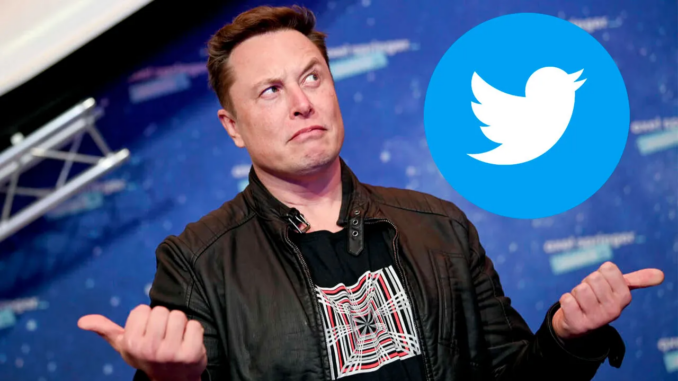
Yusuf Dikec’s viral Olympic moment has caught the eye of Elon Musk, who’s been challenged on whether future robots could compete in the Olympics.
Yusuf Dikec, a Turkish shooting athlete, has suddenly drawn the world’s attention for his unique approach to the sport. His casual attire and seemingly effortless technique during the Paris Olympics have made him the ‘cool’ figure the internet is raving about, and Elon Musk is not one to miss out on trends. Musk previously shared a meme of Dikec and has now been challenged by the athlete with an intriguing question about his humanoid robots’ ability to compete in the Olympics.
“Hi Elon, do you think future robots could win Olympic medals while keeping their hands in their pockets?’ asked the Turkish athlete, who is going viral for shooting with one hand in his pocket and wearing just a plain T-shirt without any protective gear or special lenses.
“How about discussing this in Istanbul, the cultural capital that unites continents?,” he added. Dikec first caught attention when he competed in the 10-meter air pistol mixed team event without the traditional shooting gear. His laid-back style and impressive performance at the Paris Olympics captured the world’s attention and earned him a silver medal alongside teammate Seval İlayda Tarhan.

“Robots will hit the centre of the bullseye every time,” Musk who loves boasting about AI and its day-to-day advancement replied in full confidence. The tech mogul has ambitious plans for his humanoid robot, Optimus. The tech visionary announced last month that Tesla will begin producing these robots next year. Musk thinks Optimus is going to change how we gather data, making it the main way we get real-life information to teach AI.
“Tesla will introduce truly useful humanoid robots for internal use in limited quantities next year, with plans to scale up production for other companies by 2026.”
During a recent podcast, the tech entrepreneur predicted that individuals with brain implants could surpass professional video game players. Musk cited his Neuralink company, which successfully implanted a brain chip into a human earlier this year, as a significant step towards this reality. “We feel pretty confident that in the next year or two, someone with a Neuralink implant would be able to outperform a pro gamer because the reaction time would be faster,” he said.
